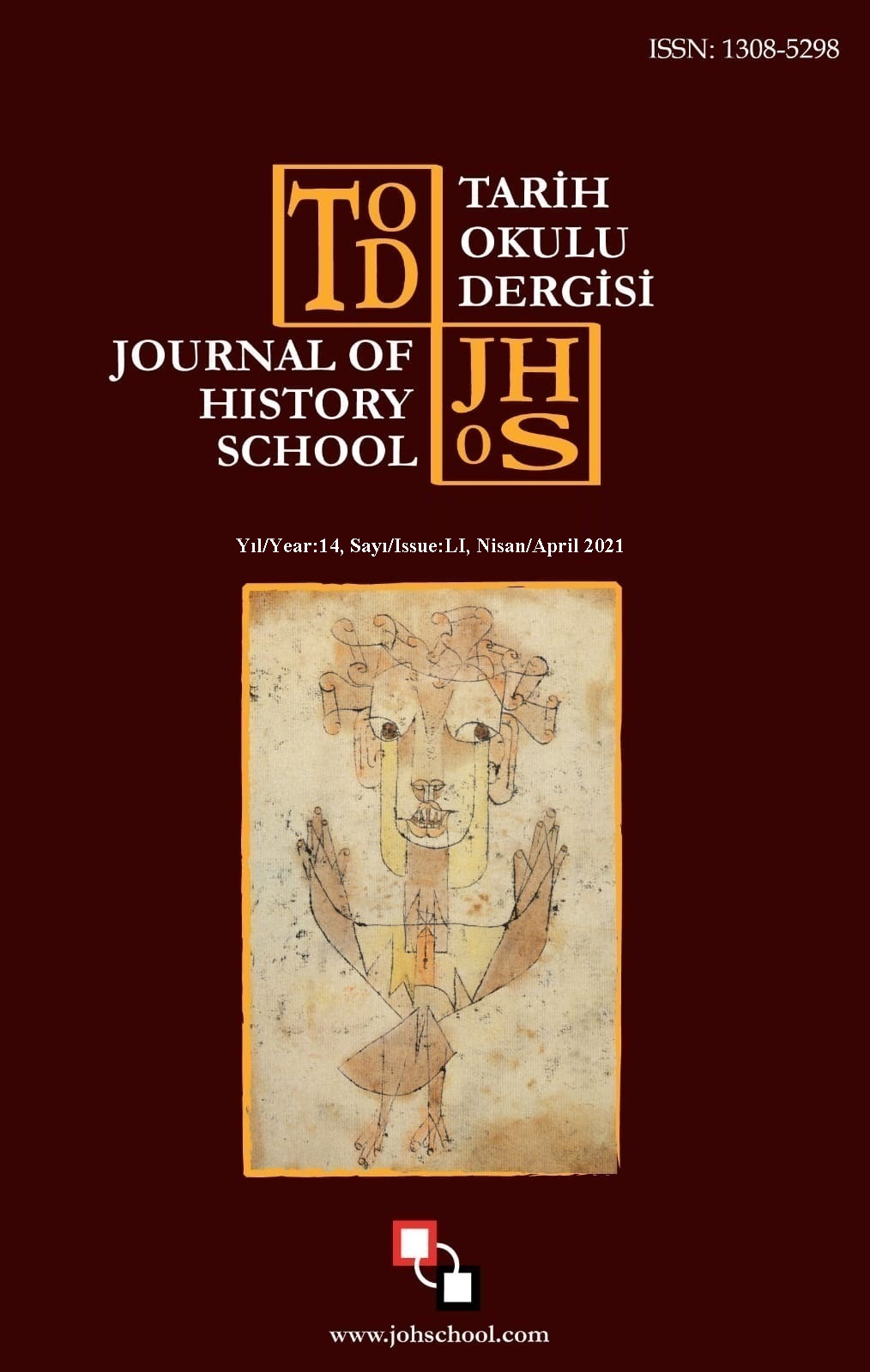Author :
Abstract
Bu araştırmada; Elazığ ilinde spor yapan ve yapmayan üniversite öğrencilerinin öznel iyi oluşları ve temel psikolojik ihtiyaçlarının karşılanmasının çeşitli değişkenlere göre incelenmesi amaçlanmaktadır. Çalışmanın evrenini Fırat Üniversitesi kampüs içerisinde spor yapan ve yapmayan öğrenciler oluştururken; örneklemini ise gönüllük esasına göre çalışmaya katılan toplam 300 kişi oluşturmuştur. Araştırmada Kesici, Bozgeyikli ve ark. tarafından geliştirilen “Temel Psikolojik İhtiyaçlar Ölçeği” ve Dost tarafından geliştirilen “öznel iyi oluş ölçeği” kullanılmıştır. Araştırmanın değişkenleri ile ilgili bilgi elde etmek için örneklem grubu “Kişisel Bilgi Formu” doldurmuşlardır. Araştırmaya katılan bireylerin % 61,7’sini erkek, %56,3’ünün 22-25 yaş aralığında ve % 43’ünün ise hiç spor yapmadığı tesit edilmiştir. Sonuç olarak; çalışma kapsamında ölçeklere katılan bireylerin cinsiyet değişkenine göre erkeklerin öznel iyi oluşlarının daha yüksek olduğu, 22-25 yaş aralığındaki bireylerin 18-21 yaş aralığındaki bireylere oranla öznel iyi oluşları ve hiç spor yapmayan bireylerin haftada 2-4 defa spor yapan bireylere oranla temel psikolojik ihtiyaçlar ve öznel iyi oluşları açısından daha iyi oldukları tespit edilmiştir.
Keywords
Abstract
In this study, it was aimed to investigate the subjective well-being and basic psychological needs of university students who do sports and who do not in the city of Elazığ in terms of various variables. The population of the study consisted of students who did sports and who did not on the campus at Fırat University while the sample of the study consisted of 300 individuals who volunteered to participate in the study. In the study, the “Basic Psychological Needs Scale”, which was developed by Bozheykli et al, and the “Subjective Well-Being Scale”, which was developed by Dost, were used. To obtain data about the variables of the study, the sample group completed “Personal Information Forms”. It was determined that 61.7% of the participants consisted of males while 56.3% of the participants consisted of females. It was also determined that the participants were 22-25 years old individuals while 43% of them did not do sports. In conclusion, it was discovered from the questionnaire in the study that the male participants had higher levels of subjective well-being in terms of the gender variables while the individuals in the 22-25 years old group had higher levels of subjective well-being compared to those in the 18-21 years old group. Furthermore, it was determined that the individuals who did not do sports were in better conditions compared to the individuals who did sports 2-4 times a week in terms of basic psychological needs and subjective well-being.





